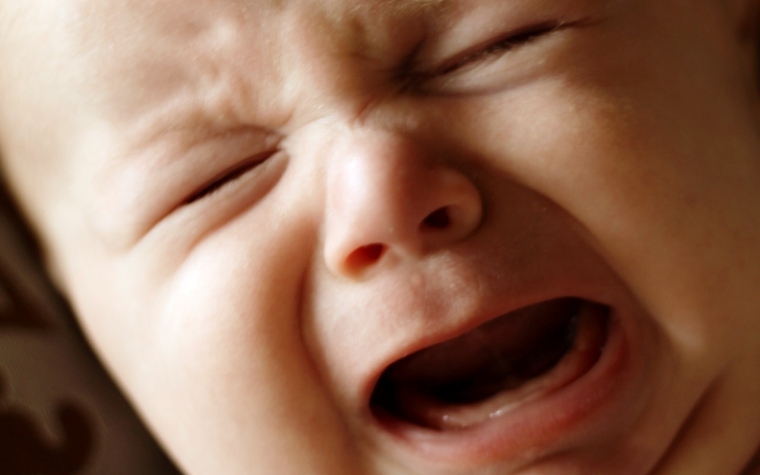Part of growing up is finding out what you can get away with. Most kids have tested how long they can keep playing outside when they’re supposed to be cleaning their room.
It’s not surprising that some asbestos lawyers have adopted a version of this tactic. When there are no boundaries, we know what kids do. Consider these examples:
-They craft their science in order to attack the companies that still have enough money to pay large verdicts and they seek jurisdictions with sympathetic rules and judges.

-One company needed to declare bankruptcy in order to stay in business, and asbestos lawyers claimed they needed more than $1 billion to distribute to themselves and their clients. The judge said the actual figure was about 10% of that; and
-They go after bankrupt companies but hide it from the other businesses they’ve sued. It’s called “double-dipping” and more than a dozen states have passed laws to stop it (but Pennsylvania hasn't).
Some children have a real problem with authority. In Pennsylvania, lawmakers passed a measure in 2011 that said defendants only need to pay the portion of a jury verdict that they owe. It was common-sense reform that addressed one of Pennsylvania’s biggest civil justice issues.
Years later, asbestos lawyers are arguing the Fair Share Act should not apply to asbestos verdicts.
In one case, liability was spread evenly among the defendants, even though some could have argued that the plaintiff’s exposure to their product was not as substantial as it was to others.
Philadelphia judge Victor DiNubile took the easy way out, declining to figure out the fair share for each defendant. It was the equivalent of having to pay an equal amount at a group restaurant meal even though you only had a soda.
The state Superior Court reversed that decision, but now it’s up to the state Supreme Court to send these testy children to bed without any dessert.
